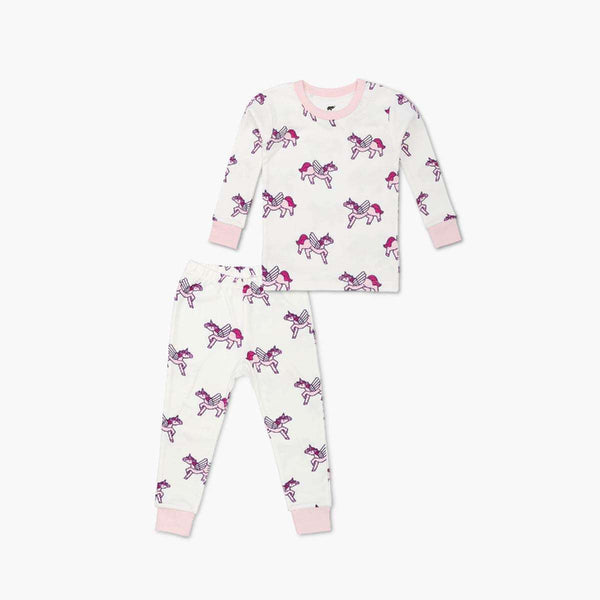9 Questions to Ask Before Hiring a Nanny

It's one of the toughest decisions you’ll make after deciding to head back to work or stay home: Who you can trust to keep your little safe and happy when you’re not there? Nanny interviews are tricky, even if you’re a total pro at screening job candidates in the office. (This is almost like interviewing a new family member—who are you cool with seeing in your robe most mornings?) You’ll likely get a gut feeling when you meet the right match, but these questions can be key to making the best decision for your family, too.
Are you CPR certified and trained in first aid?
The hope is you’ll never have an emergency, but it's paramount to have someone at home who can handle one like a pro. Feel free to ask for proof of their certification and make sure it’s up to date. (If you meet the perfect nanny who isn’t CPR certified, it's totally fair to ask them to take a class before starting as part of the job requirement.)
What household chores are you willing to take on?
Some nannies are happy to pitch in with laundry, cleaning, cooking, and errand-running—others draw the line at any household work that goes beyond picking up after the kids. If your day runs better when you come home to folded laundry and dinner on the stove, communicate those needs upfront to avoid any awkwardness (or, uh, bitter, exhausted resentment) later on.
Are you open to working on weekends?
Finding a nanny who is open to sitting for the occasional date night can be a game changer, especially if you don’t live near family. They already know the littles’ schedules, how the kitchen works, rules on screen time, and where the laundry’s at—which means you'll get out the door with time to spare and less scramble. (Hopefully you'll come home to a more organized house, too.)
Do you have reliable transportation?
Depending on where you live and your littles schedules, it may or may not be important for your caregiver to have a car. (If the kids are used to taking the city bus to the zoo and there’s no parking by you, public transportation might be preferred!) What is important is that they’ve got a reliable way to get to you on time every single day—rain or shine.
What's your policy when it comes to vacation and overtime?
One of the beauties of having a nanny (and one of the reasons you may pay more than daycare) is you aren’t beholden to strict daycare drop-off/pickup times. If it’s important that your nanny is flexible to stay late on nights you’re stuck at the office, make sure you’re clear on her schedule and how payment will work. You’ll also want to ask if she needs her hours guaranteed—in other words, will she get paid, even if you leave to go on vacation or get a day off and don’t need her? And does she expect to receive any paid vacation days off? (You can pass along your policy as opposed to asking her preferences, just make sure to bring the topic up.)
Are you willing to travel with us?
Whether you travel regularly for your job, or have some big family vacations planned, it’s good to know up front if your caregiver is open to coming along, should you need the extra hands.
How much notice can you give if you need a day off?
Loads of caregivers are superheroes—but they still get sick and have the potential for a last minute family emergency. There’s not much you can do about it. That said, ironing out exactly how much notice you’ll get for vacation days or holidays is totally fair, and key to avoiding unhappy surprises down the line.
What was your favorite thing about your last nanny job?
There's no right or wrong answer here, but an open-ended question like this one may give you some great insight into your candidate's philosophy and preferences. It’s also an easy, friendly way to get more detail about their experience. The answer to this question may be one that helps you decide whether or not this is a right fit.
Have you ever worked for a family you didn't enjoy?
If the nanny didn't mesh well with a family because of religious or philosophical beliefs, certain job expectations, or a particular work environment, you'll want to know ahead of time so history doesn't repeat itself.



































